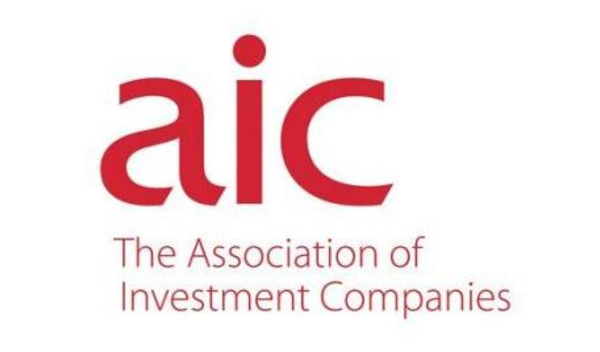

Financial advisers have placed £985m with investment trusts in 2018, representing a fall of 2 per cent on the year before.
The Association of Investment Companies (AIC), which compiled the data, said the fall was due to a general decline in the purchase of assets on adviser platforms in 2018 amid turbulent market conditions.
The platforms which saw the most purchases of trusts in 2018 were Transact and Ascentric.
Transact accounted for 45 per cent of all investment trust purchases during the year and Ascentric accounted for 19 per cent.
Sales of investment trusts to advisers have risen five fold since 2012, the year before the Retail Distribution Review, which banned the payment of trail commission to advisers who bought investment products on behalf of their clients.
Because of their structure as listed companies, investment trusts couldn’t pay trail commission so this dented demand for trusts beforehand.
The investment trust sector most popular with advisers in 2018 was the AIC Global, which accounted for 18 per cent of all purchases.
Nick Greenwood, who runs the Miton Global Opportunities trust, which invests in other trusts, said consolidation in the wealth management market had led to the bigger trusts getting bigger, as bigger wealth management firms have so much cash to deploy they can only do it through buying the larger trusts for liquidity reasons.
Paul Stocks, financial services director at Dobson and Hodge in Doncaster, said: "I use investment trusts for myself, but I tend not to for clients.
"If I felt clients understood the disparity between performance of the share price and the movement of the underlying assets, then maybe I would. Then you have to factor in the gearing issue.
"And many of the trusts that would interest us, there are open ended fund versions anyway, such as Lindsell Train, so we do that."
Data from Morningstar and the AIC last month showed managers of UK investment trusts have been increasing the level of debt to buy more UK shares.
The data showed that in the period from the end of July 2018 to the end of January 2019, the average trust in the AIC UK All Companies sector doubled its gearing from 5 per cent to 10 per cent.
The average trust in the AIC Equity Income sector increased gearing to 9 per cent from the previous 8 per cent in the same time period.
Investment trusts, unlike open-ended funds, can take on long-term debt and use it to make more investments.
If the money is invested prudently, then the investments should generate enough cash to repay the borrowed money with interest, and provide additional returns for shareholders.
But if the money is invested badly, then the returns to shareholders are diluted by the need to pay the debt.
david.thorpe@ft.com



